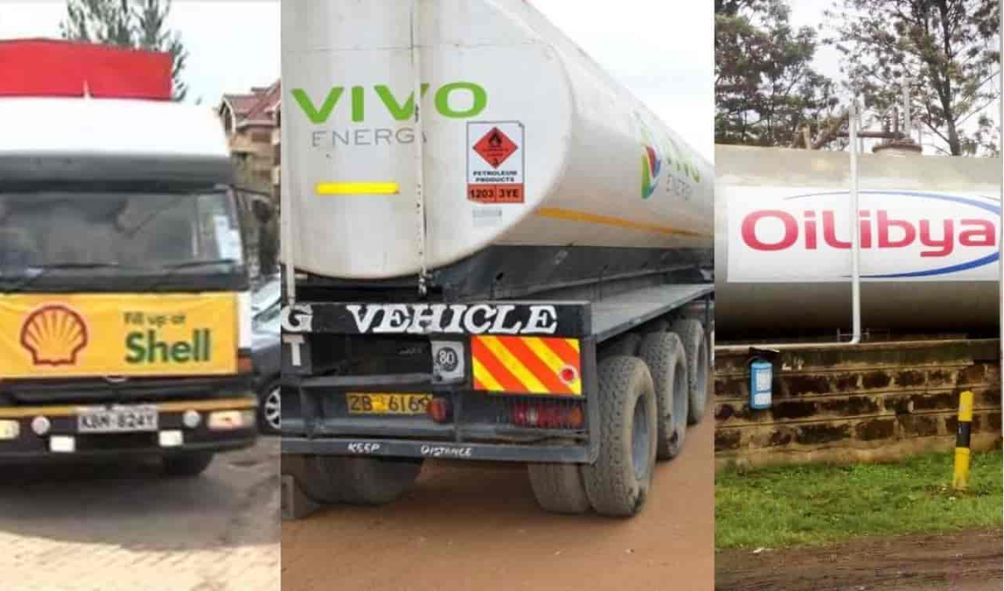Ruto’s plan to end fuel monopoly hits first hurdle after oil marketers challenge his deal

Oil marketers oppose Ruto’s plan to import cheaper fuel through a government-to-government deal
Oil marketers oppose Ruto’s plan to import cheaper fuel through a government-to-government deal.
Days after the new agreement to get around difficulties in the oil market was revealed by the government, President William Ruto’s ambitions to import cheaper oil through government-to-government agreements is now in jeopardy.
The worldwide tender for a government-to-government oil importation agreement, which would grant a single supplier exclusive rights to supply all oil products in Kenya, was challenged by four petitioners on Monday, March 6, in the High Court.
The Energy and Petroleum Regulatory Authority (EPRA) had announced the new deal as part of the government’s measures to alleviate the pressure on foreign exchange reserves in the process of paying for oil by delaying payments for oil products for up to six months.
The six-month delay, according to the government, would help to eliminate the instant demand for US dollars in paying for oil imports instantly.
However, local oil marketers/retailers opposed the move and are now seeking court orders to halt the government’s progress in implementing the new deal.
Through their lawyer Ndegwa Njiru, the petitioners stated in the document that they were not included in the worldwide tender for the supply of all petroleum products used in Kenya.
The petition claims that the state’s announcement of the government-to-government agreement would eliminate oil merchants’ input in the importation process, making them irrelevant in decisions affecting the oil market.
The importers further warned that the new agreement would increase the possibility of supplier sabotage, which might have far-reaching effects on the economy.
Inside government plan to redesign Nairobi CBD at cost of 236B
Senate ratifies new plan to compel US to compensate victims of 1998 Nairobi bomblast
Petroleum Outlets Association responds to claims of fuel shortage
“The move to award 100 percent market share of all the petroleum products consumable in Kenya on the issue that it may pose a serious national security risk in case of sabotage by the proposed supplier,” the petition read in part.
In addition, the lawyer urged the court to classify the case as an urgent matter to facilitate a timely hearing.
Speaking during an interview with CNN on Monday, March 6, Trade Cabinet Secretary Moses Kuria announced that Kenya was particularly targeting to partner with Gulf oil-producing nations including Saudi Arabia and the United Arab Emirates.
The announcement came amid concerns over the shortage of dollars in the country which was termed a leading factor of the fluctuations in Kenya’s exchange rate.
Also read,
Former Treasury CS Ukur Yatani responds to 15B looting claims, implicates DP Gachagua
Looming fuel crisis as oil marketers run out of stock
Police issue statement ahead of Raila’s planned mass action
Follow us






